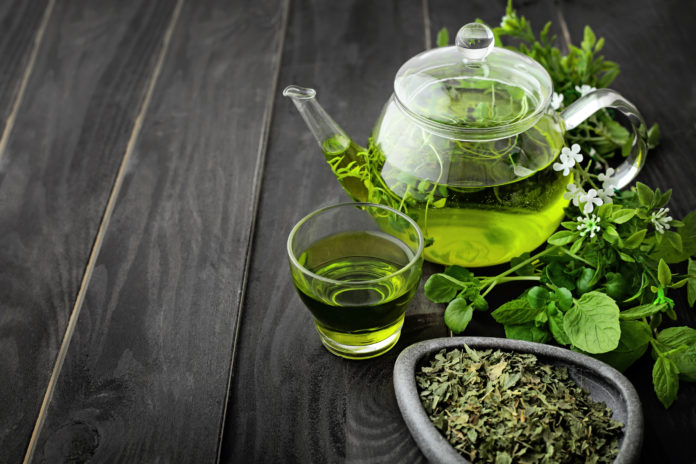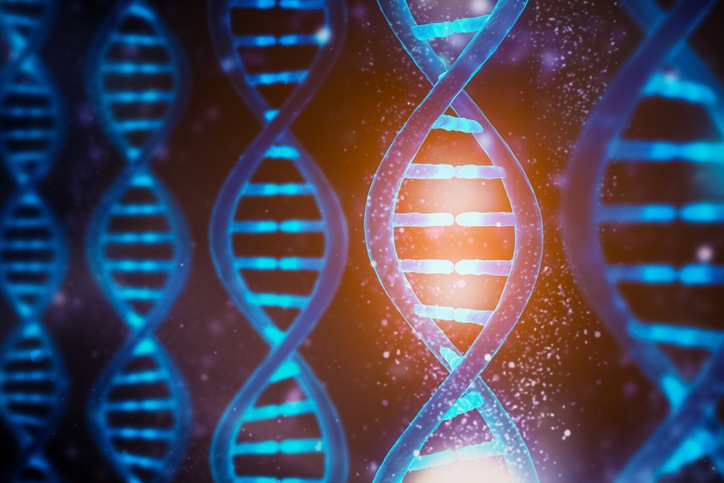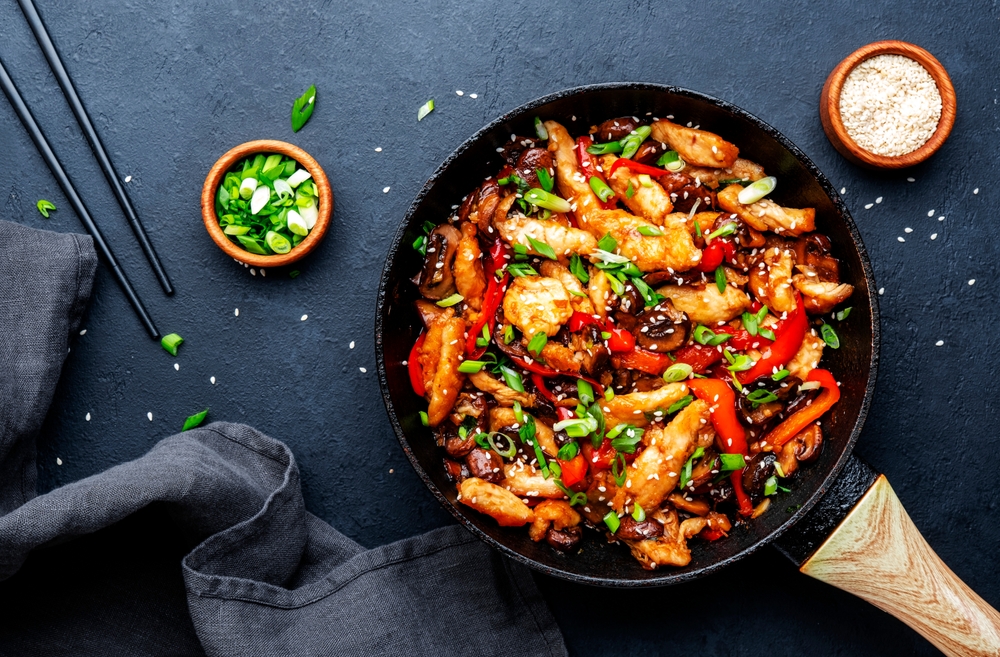The consumption of coffee or green tea was linked with a reduced risk for mortality in survivors of stroke or myocardial infarction, new research suggests.
“There is a strong need for scientific evidence on the lifestyles among survivors of stroke and heart attack considering the rapidly aging population and the need to improve life expectancy following these cardiovascular events,” says Hiroyasu Iso, MD, a professor of public health at Osaka University in Suita, Japan, said in a press release.
The study included more than 46,000 participants from the Japan Collaborative Cohort Study for Evaluation of Cancer Risk (JACC study) who completed self-administered questionnaires that asked about health, lifestyle, history of MI, stroke history, diet, and other information. The authors then evaluated the responses and looked at the frequency of green tea and coffee consumption. The participants were broken up into cohorts of those with a history of MI, those with a history of stroke, and those with no history of MI or stroke.
According to the study results, consumption of green tea was inversely associated with all-cause mortality among survivors of stroke and MI. The hazard ratios (all 95% CI) for these groups declined as the frequency of green tea consumption increased (0.73 for 1 to 6 cups per week; 0.65 for 1 to 2 cups per day; 0.56 for 3 to 4 cups per day, 0.56 for 5 to 6 cups per day; and 0.38 for 7 or more cups per day). The authors reported a similar inverse association with mortality in those who survived an MI, but no association in those without a history of stroke or MI.
For coffee, consumption was inversely associated with all-cause mortality in those without a history of stroke or MI. Hazard ratios declined in the same fashion as with green tea consumption: 0.86 for 1 to 6 cups per week; 0.86 for 1 cup per day; and 0.82 for two or more cups of coffee per day compared to nondrinkers. In MI survivors, the hazard ratios were 0.69, 0.78, and 0.61 respectively.
“An important distinction to make is that in Japanese culture, green tea is generally prepared with water and without sugar,” Dr. Iso pointed out. “Additionally, coffee is prepared with water and occasionally milk and sugar.” The healthiest way to prepare these beverages is without an unnecessary amount of added sugars.”
The study was published in Stroke.
Here are the full findings from this study, now available online:
Green Tea and Coffee Consumption and All-Cause Mortality Among Persons With and Without Stroke or Myocardial Infarctionhttps://t.co/dfBJp0j0on
— Agingdoc1⭐ MD, PhD -“this is not medical advice” (@agingdoc1) February 4, 2021
A large study of more than 45,000 adults with a stroke or heart attack found a benefit for regular green tea and coffee consumption. And with that, I think I’ll get another cup of coffee. https://t.co/RUk3ioKwxU
— Aaron Paul Kithcart (@APKithcartMDPhD) February 5, 2021
“Green tea consumption can be beneficial for the secondary prevention of cardiovascular disease, whereas coffee consumption can also be so for primary prevention,” Shout out for phenols. Caveat; Observational, dietary questionnaires. https://t.co/BtN5knbAD4
— Dr. Ali Khan (@DrAliSKhan) February 5, 2021
Me sipping coffee ☕️: Is this why it feelz so good?
“Green tea consumption can be beneficial in improving the prognosis for stroke or MI survivors…
Coffee consumption can also be so for persons without a history of stroke or MI as well as MI survivors.”https://t.co/BmcosTgmlW pic.twitter.com/EsiTeKzATN— Audrey Fan (@audreypfan) February 7, 2021
Credit: Original article published here.










